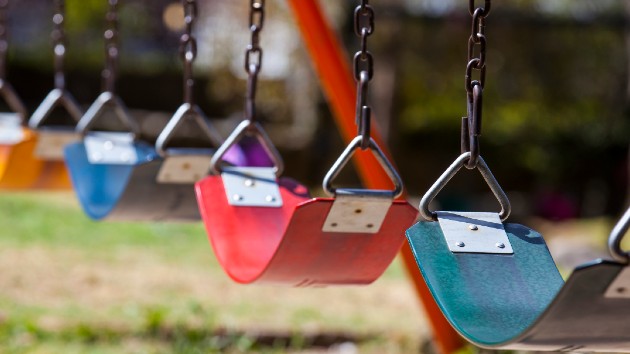Study shows loneliness and depression in kids can linger even after COVID-19 lockdowns end
iStock/anamejia18(LONDON) — If you have young kids, you already know they’ve been missing school, baseball games and playdates thanks to COVID-19 lockdowns the world over.
However, new research from the University of Bath in England shows that their feelings of loneliness and depression can linger, even after restrictions are eased and life returns to normal.
The scientists findings, just published in the Journal of the American Academy of Child and Adolescent Psychiatry, were culled from data from 60 peer-reviewed journal articles on social isolation and mental health in children aged 4-21.
The researchers say the mental health consequences of isolation can linger in younger people for as long as nine years.
Dr. Maria Loades, a Bath University clinical psychologist, said in a statement, “There is evidence that it’s the duration of loneliness as opposed to the intensity which seems to have the biggest impact on depression rates in young people.”
While Dr. Loades and company advise, “returning to some degree of normality as soon as possible is of course important,” the scientists warn, “how this process is managed matters when it comes to shaping young people’s feelings and experiences about this period.”
Their findings prompted a letter to the United Kingdom’s Education Secretary, outlining these tips to best re-adapt young people as schools start to reopen, as they are in parts of Europe and elsewhere:
- All children must be given time to play with each other as lockdown restrictions are lifted, but children should still practice social distancing while playing together.
- Schools should prioritize the emotional well-being of their students as they begin to reopen rather than focus on academics.
- Schools and parents should be made aware of the social and emotional benefits of play as well as the potential risks children face from extended isolation.
Copyright © 2020, ABC Audio. All rights reserved.

